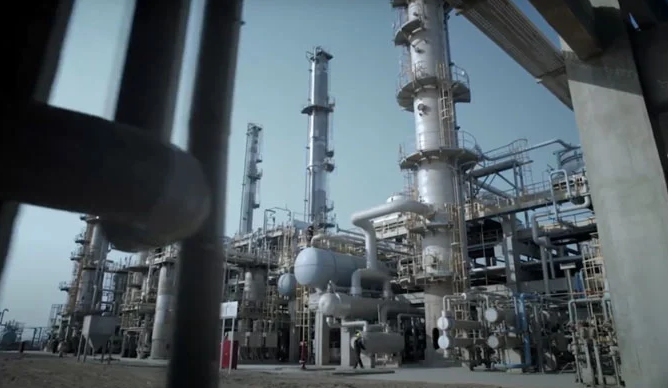Contents
In a significant move, Cnergyico, Pakistan’s largest oil refining company, announced it will import 1 million barrels of West Texas Intermediate (WTI) crude oil from US-based Vitol this October. Usama Qureshi, the company’s Vice Chairman, confirmed the shipment will be loaded from Houston and is expected to reach Karachi by mid to late October.
This shipment represents Pakistan’s first-ever direct import of American crude oil—a milestone that could mark the beginning of a new chapter in the country’s energy supply strategy. The purchase is part of a “test spot cargo” under a broader agreement with Vitol, and if the deal proves economically viable, Cnergyico plans to make US crude imports a regular occurrence, potentially bringing in at least one cargo per month.
Qureshi emphasized that the shipment is intended for refining and not for resale, highlighting the company’s commitment to integrating this crude into its production process.
Background: A Complex Trade Dance Between Pakistan and the US
The deal follows months of negotiation starting in April, a period when tensions between the US and Pakistan were heightened due to tariff threats. Earlier in the year, then-US President Donald Trump announced plans to impose a 29% tariff on Pakistani imports, stirring uncertainty in bilateral trade relations.
Just days before the import announcement, Pakistan and the US struck a trade deal that lowered the tariff rate to 19%, a move that Islamabad hailed as a boost for investment and economic ties. Pakistan’s government has since encouraged local refiners to consider US crude as part of broader efforts to diversify energy sources and strengthen economic cooperation.
Strategic Implications: Reducing Middle East Dependence
Pakistan currently imports nearly all of its crude oil from Middle Eastern countries, with oil imports totaling $11.3 billion in the fiscal year ending June 2025—accounting for almost 20% of the country’s entire import bill. Diversifying crude oil sources is therefore a strategic priority, helping mitigate risks associated with regional instability or price fluctuations.
Qureshi noted that the quality of US WTI crude is comparable to Middle Eastern grades, meaning Cnergyico can process the oil without adjusting refinery operations or blending—a practical advantage that reduces transition costs.
Cnergyico’s Infrastructure and Growth Prospects
Cnergyico operates Pakistan’s only single-point mooring (SPM) terminal near Karachi, enabling the handling of large tankers that other refiners in the country cannot accommodate. The company processes around 156,000 barrels of crude daily but has been running at only 30-35% capacity due to weak domestic demand.
To capitalize on potential growth, Cnergyico plans to build a second offshore terminal to facilitate larger or more frequent shipments and upgrade its refinery over the next five to six years. Qureshi expressed optimism that increasing local demand and a policy shift favoring domestic production over imported fuels will raise refinery utilization rates.
Looking Ahead: US-Pakistan Energy Collaboration
In a recent statement, Donald Trump indicated that the US intends to assist Pakistan in developing its vast untapped oil reserves, though details remain scarce. This cooperation could further deepen energy ties between the two countries and help Pakistan reduce its energy import burden over time.
The US crude import deal not only diversifies Pakistan’s oil supply but also signals a warming relationship in a complex geopolitical environment, where economic pragmatism may override previous tensions. For Pakistan, securing reliable and cost-effective energy sources is vital for economic stability, making this new chapter in oil imports an important development to watch.

